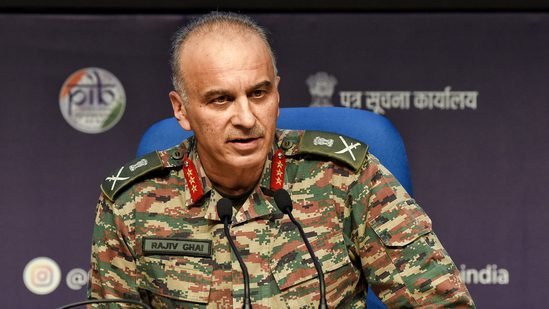Calls for Equity-Driven Reforms; 15 Recommendations Proposed
Diplomat Correspondent
Srinagar, DD, In a major step towards addressing structural imbalances in the Union Territory’s reservation system, the Jammu & Kashmir Students Association (JKSA), in collaboration with the J&K Centre for Peace, Research & Sustainable Development (JKCPRS), has launched a comprehensive policy report seeking rational and inclusive reforms.
A delegation led by JKSA National Convenor Nasir Khuehami submitted the report to the Chief Minister’s Office and held discussions with Nasir Sogami, Advisor to the Chief Minister. Sogami assured the delegation that the report would be seriously reviewed for potential policy action.
“This research-backed document offers a critical analysis of existing frameworks, exposing systemic inconsistencies and persistent social inequities,” Sogami said. “The recommendations outlined are pragmatic and actionable, aimed at building a just, inclusive, and equitable system.”
The report includes 15 key recommendations, among them:
A caste-based socio-economic census
Sub-categorization within reserved categories
Rationalizing eligibility for the EWS category
Restoring the 60:40 ratio between open merit and reserved categories
Addressing anomalies in horizontal and vertical reservation overlaps
Speaking at the launch, Nasir Khuehami described the report as a “roadmap for equitable reform,” stating that it traces the evolution of reservation policies in J&K, compares them with national and international models, and highlights disparities that continue to marginalize large sections of society.
“There is an urgent need for reform rooted in equity, social justice, and constitutional morality,” he said. “We’re not against reservations. Our demand is for a rational framework that ensures upliftment without sidelining merit.”
The report was drafted by a 12-member expert committee chaired by JKSA President Ummar Jamal, and included legal, academic, and policy experts such as Faizaan Peer, Danish Lone, Farhat Riyaz, Osheeba Bashir, Adnan Malik, Nazia Israr, Dr. Adil Hussain, Sadiya Farooq Masoodi, Krishna Saproo, Azhar Hassan Mir, Muzamil Ahmad Reshi, and Aamir Akbar.
As part of a broader outreach campaign, JKSA plans to engage civil society organisations, academic institutions, and student bodies to generate consensus on the proposed reforms. A follow-up white paper based on stakeholder feedback will also be prepared to inform future advocacy.
“We believe this must be a people-centric process,” Khuehami emphasized. “We are committed to ensuring that no voice is left unheard.”
The Association also urged the government to consider a temporary slowdown in ongoing recruitment processes until discrepancies in the current reservation structure are addressed. “We are not calling for a complete halt, but continuing recruitment under a flawed system risks injustice to deserving candidates,” it said.
JKSA concluded by appealing to political leadership to “rise above vote-bank politics” and support a transparent, inclusive, and merit-based reservation policy that reflects the spirit of the Constitution and the aspirations of the youth.(DD)





